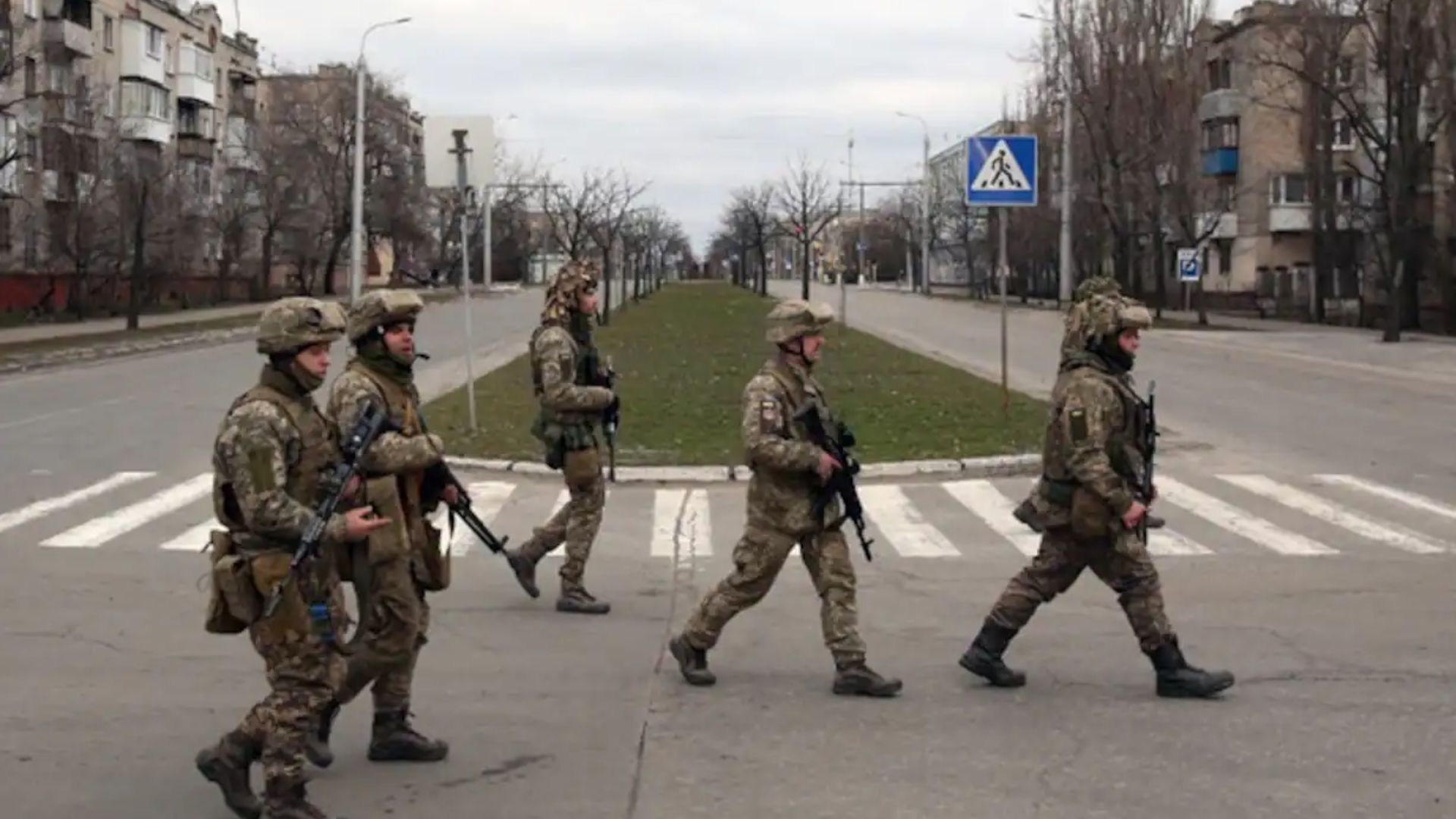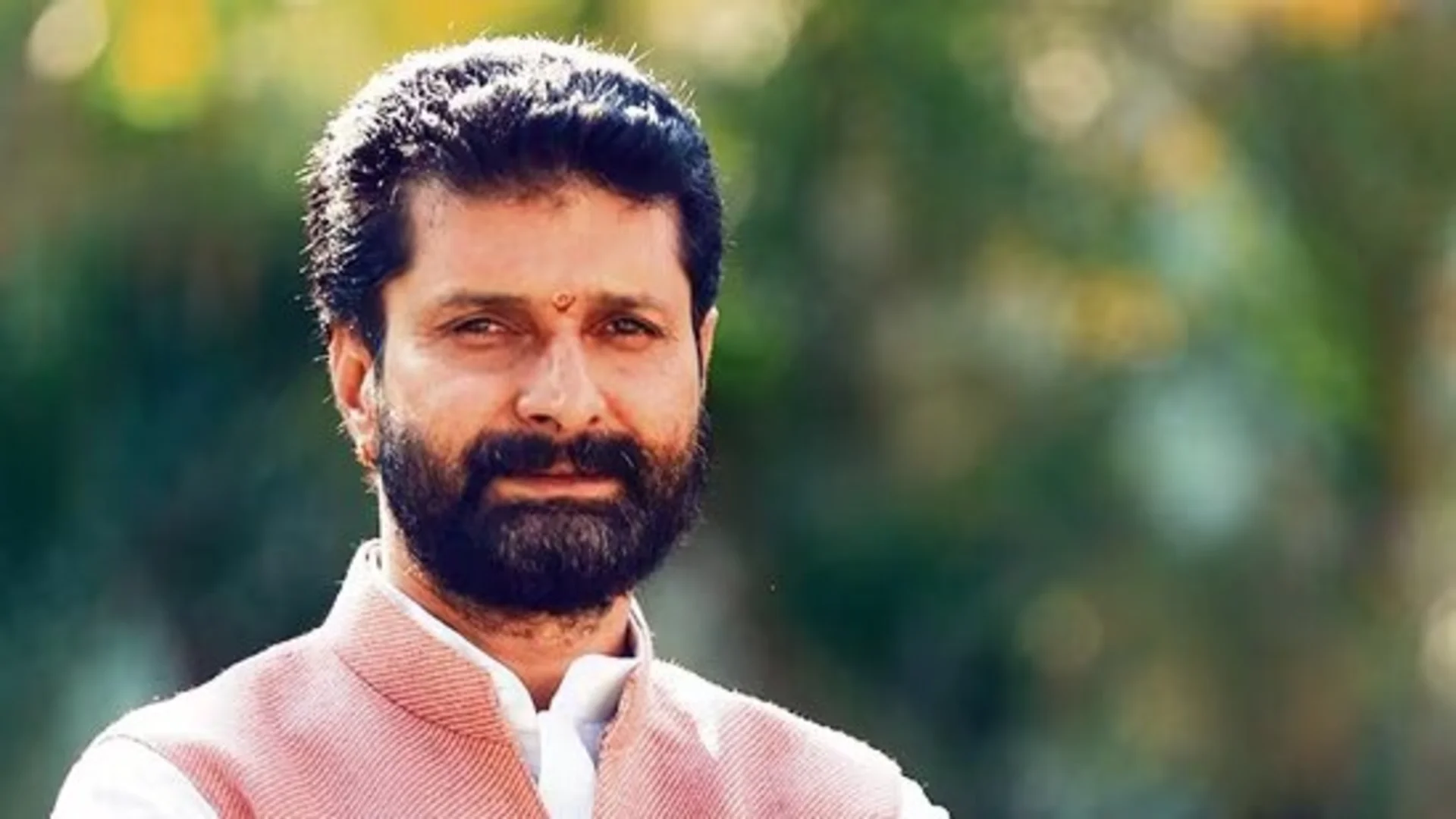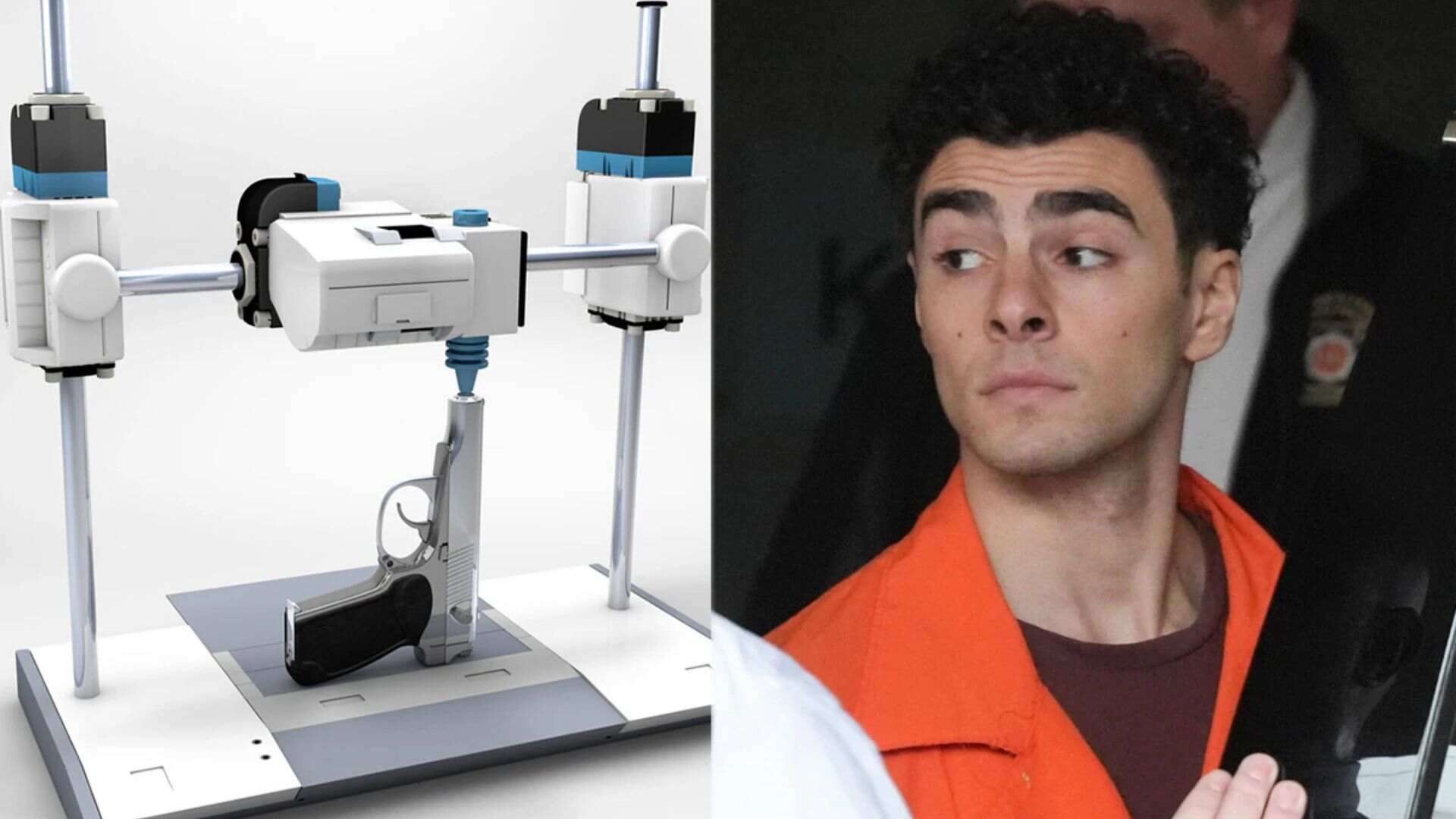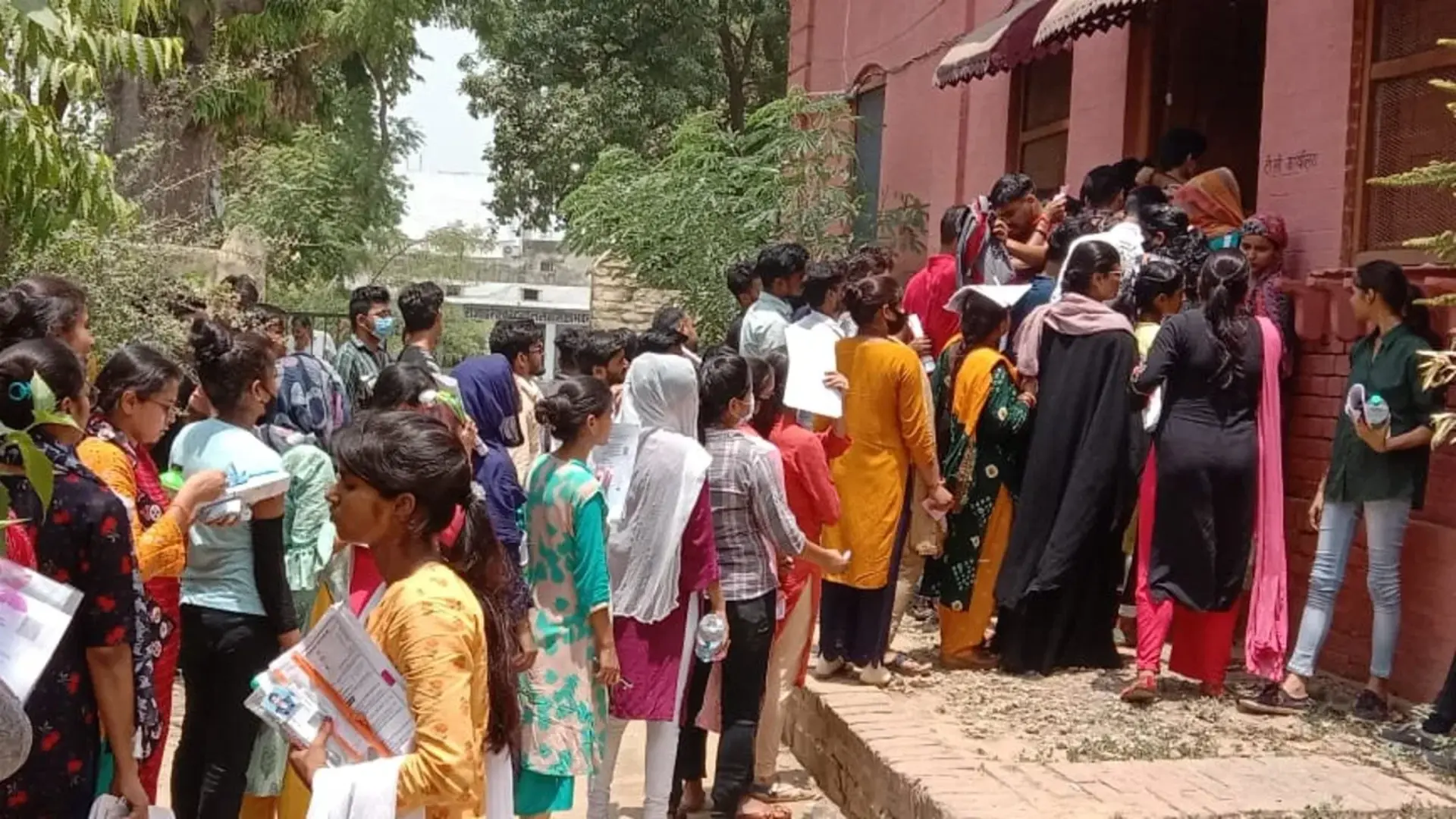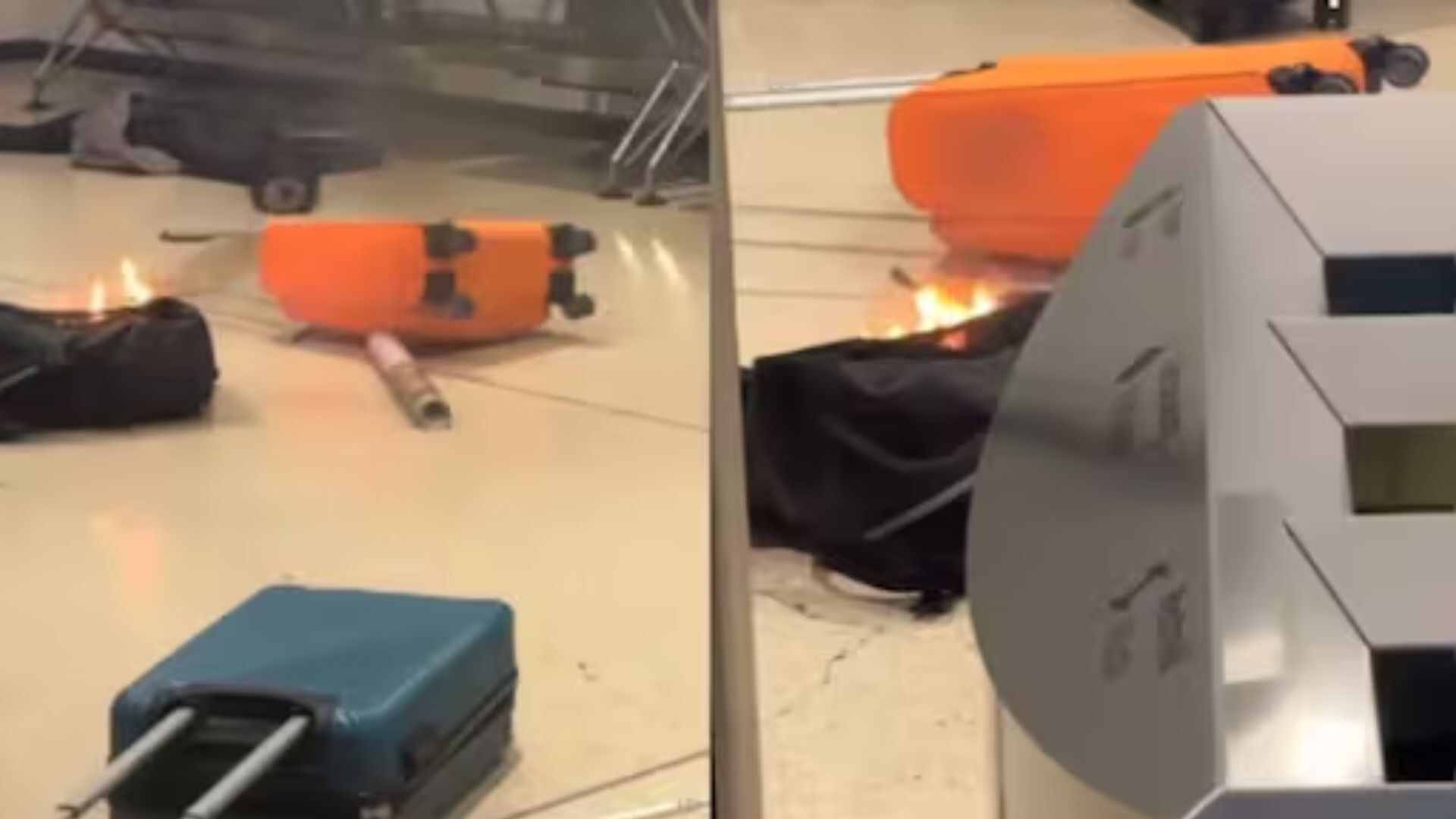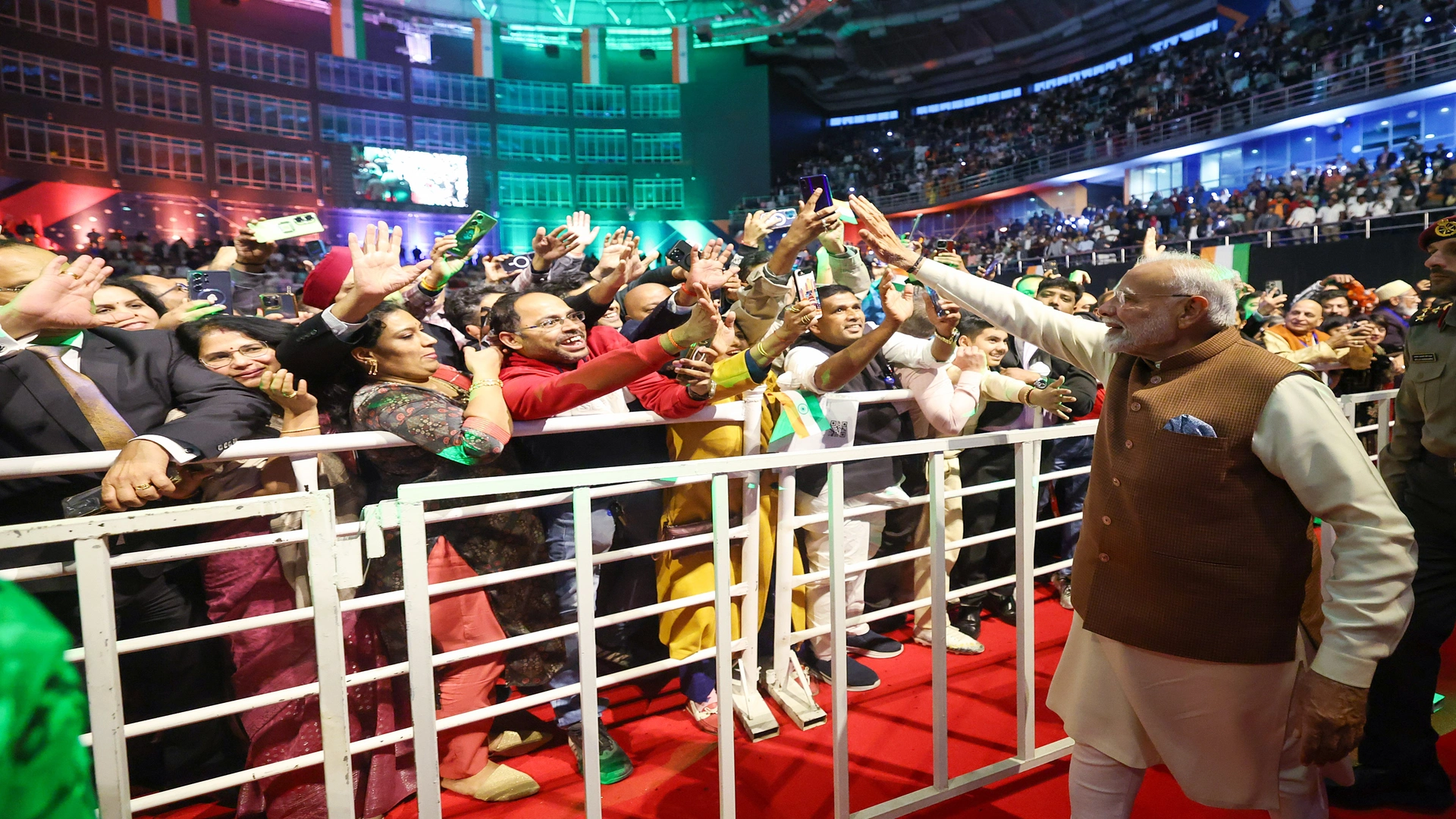Amidst the ongoing conflict between Russia and Ukraine, troubling reports emerge of Russian forces actively recruiting Ukrainian teenagers into their military ranks. Ukrainian authorities estimate that since Moscow’s full-scale invasion in February 2022, approximately 20,000 children have been forcibly transported to Russia, CNN reported.
Shockingly, more than 2,100 children remain unaccounted for, although government officials suggest the actual number could be significantly higher.
Bohdan Yermokhin’s harrowing journey exemplifies this disturbing trend. Initially deported from the besieged Ukrainian city of Mariupol by Russian forces in the spring of 2022, he found himself thrust into a foreign environment.
Transported to Moscow on a government plane, Yermokhin was placed under the care of a foster family and enrolled in a patriotic camp near the capital. There, amid fervent flag-waving and praise for Russian President Vladimir Putin, attempts were made to indoctrinate him with nationalistic fervor through songs and propaganda, according to CNN.
Despite his Ukrainian identity, Yermokhin was issued a Russian passport and compelled to attend a Russian school. As the fall of 2023 approached, just before his 18th birthday, he received a summons from a Russian military recruitment office. For Yermokhin, this was the final affront–an attempt by Russia to coerce him into fighting against his own people.
“Ukraine was losing, children were used for organ donations there, and I would be sent to war right away,” he recounted. Defiantly, he declared his intent to fight for his homeland, not for the aggressors.
Yermokhin’s case is not isolated. He was among the “Mariupol 31,” a group of children forcibly relocated to Russia.
Last March, the International Criminal Court (ICC) issued arrest warrants for Putin and Russian Commissioner for Children’s Rights Maria Lvova-Belova, citing their alleged involvement in the abduction and deportation of Ukrainian children. Despite acknowledgments by Russian authorities, children were transferred without proper oversight, often lacking guardians or parental consent, as reported by CNN.
Dmytro Lubinets, Ukraine’s human rights commissioner, condemned Russia’s actions as part of a broader campaign to erase Ukrainian identity and replenish its military ranks. “We now have examples of forcible mobilisation of Ukrainian people,” he stated. Ukrainian teenagers deported to Russia or residing in occupied areas are systematically targeted for military service upon reaching adulthood.
International legal bodies, including the International Committee of the Red Cross and Human Rights Watch, have decried Russia’s actions as violations of the Geneva Conventions and war crimes. Lubinets corroborated these concerns, detailing Russian efforts to compel Ukrainians in occupied territories to serve in the military.
The process begins with the establishment of regional offices for various Russian government departments, followed by educational initiatives aimed at erasing Ukrainian identity.
“The next step is forcing everyone to take Russian passports,” Lubinets explains, adding, “If you don’t, you can’t access any services, including medical care. The final step is mobilisation, with all men in occupied territories enlisted in the Russian military’s recruitment database.”
Yermokhin’s experience reflects the inconsistencies in Russia’s approach. Despite being told he was Russian-born and denying the existence of Ukraine, his Russian passport listed his birthplace as “Ukraine, the city of Mariupol.” Lvova-Belova confirmed Yermokhin’s receipt of a Russian passport and military summons, asserting that such summons are routine for all Russian citizens.
She suggested that Yermokhin, still a student, could defer military service until completing his education, CNN reported.

